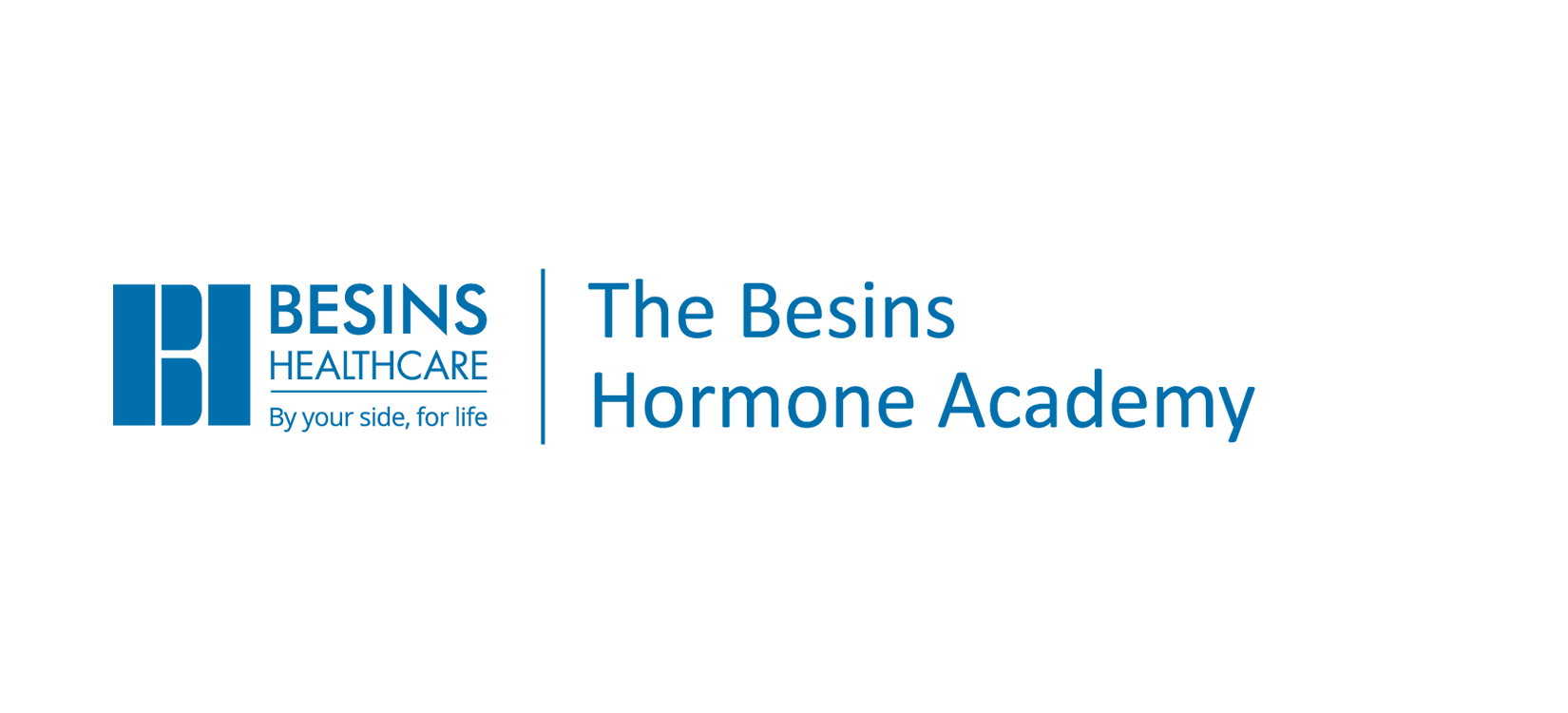Organised and hosted by Cogora, the Besins Menopause Roadshow consisted of five face-to-face day meetings across the UK.

Organised and hosted by Cogora, the Besins Menopause Roadshow consisted of five face-to-face day meetings across the UK.

Besins Healthcare (UK), a global market leader in the provision of men’s and women’s health and wellbeing products, sought to introduce a series of educational meetings designed to support and upskill UK GPs and primary care professionals in menopausal and perimenopausal care, in-line with the Department of Health and Social Care’s call for greater focus on women-specific health conditions.
Organised and hosted by Cogora, the Besins Menopause Roadshow 2023 consisted of five peer-to-peer education meetings delivered in person across the UK, Birmingham, London, Manchester, Glasgow, and Newcastle.
The events sought to simplify healthcare professionals’ (HCPs’) understanding of hormone replacement therapy (HRT) prescribing, debunking common myths, and talking through the risks and benefits of management options in different scenarios.
The event prioritised the goal to improve clinical confidence to help women navigate this life stage.
Cogora assumed responsibility for all aspects of programme concept/branding, the agenda, speaker/faculty management and liaison, content development, event logistics, website development, design of onsite materials and marketing assets, and recruitment.
The agenda was developed in conjunction with Besins Healthcare, recognising strategic educational objectives and messaging. We identified the fundamental learnings that would be required to give HCPs a core understanding of menopause and perimenopause, allowing delegates to be more confident in diagnosing and prescribing HRT.
The agenda incorporated a blend of KOL-led sessions, two GPs per event, interactive group working sessions and an audience Q&A. To maximise engagement throughout the event, we developed case studies and allowed for group voting throughout the presentations. The event also closed with a quiz in the style of The Chase, an ITV quiz show. Delegates had a round of questions, complete with animated scoring visuals, music and gameshow sound effects, and speakers had a different set of questions to try and catch the delegate’s score.
For recruitment, our marketing team promoted the events to our audience of primary HCPs with a nine-week recruitment campaign. A combination of emails, online advertising, and LinkedIn were used via our media brands Pulse, Pulse PCN, Nursing in Practice and The Pharmacist. Retention emails were also sent to delegates who had registered, with reminders of the event timings and location.
Details of the roadshow, the agenda, speakers, event locations and timings, and registrations, could all be accessed via the Besins Menopause website which was designed and developed in house by Cogora.
Besins were able to stay up to date with progress on recruitment, delegate attendance, HCP opt-ins, website traffic, marketing tactics and pre/post assessments via a bespoke analytics dashboard.
The Besins Menopause Roadshow was a great success, with over 300+ attendees. We welcomed a variety of primary healthcare professionals including GPs, primary care nurses, practice pharmacists, PCN pharmacists and PCN clinical directors. Over 75% of delegates also opted into having their details shared with Besins to receive further information.
Assessments were shared with delegates before and after the events to measure change and illustrate the educational impact the roadshow had. After the events:
Recordings of the event were then hosted on the Besins Menopause website to allow our community of HCPs to access the content on-demand.